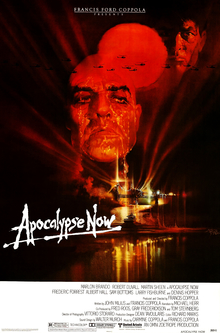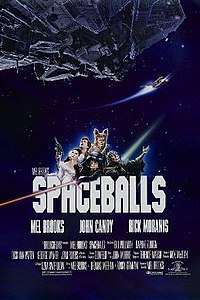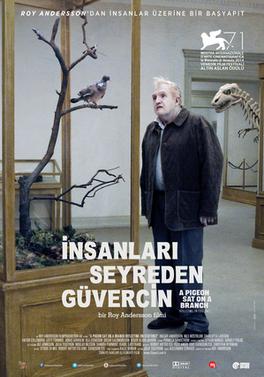Lists
















24 Books
Books on Film & Aesthetics
Sort by:
Recent Desc
Liked by
More lists by Niko Aiello



Best of All Time
I guess I’m more of an arthouse snob than I thought
February 2023
10
@NikoAiello



Sci-Fi and/or Horror
List includes: Stargate, Starship Troopers, Spaceballs
February 2023
1
@NikoAiello



Watchlist 2.0
List includes: Songs from the Second Floor, Calvary, A Pigeon Sat on a Branch Reflecting on Existence
February 2023
0
@NikoAiello



2023 film list
Sundance was good this year - TasteDive has not update most of these with accurate trailers/photos, descriptions are mostly okay
February 2023
1
@NikoAiello



Crime
I like stuff with financial crime, or drugs. Or financial crime related to drugs
January 2023
3
@NikoAiello



Board Games
List includes: catan, cosmic encounter, exploding kittens
December 2022
0
@NikoAiello



Contemporary Religion
Seductiveness of the miraculous, embrace of authoritarianism, corruption in power, isolation and loneliness, reflection on grief
October 2022
0
@NikoAiello



Books to Read
List includes: Underworld, language history, language change, and language relationship: an introduction to historical and comparative linguistics, meaning in language: an introduction to semantics and pragmatics
September 2022
0
@NikoAiello



Source Material
Books I quote a lot
September 2022
0
@NikoAiello